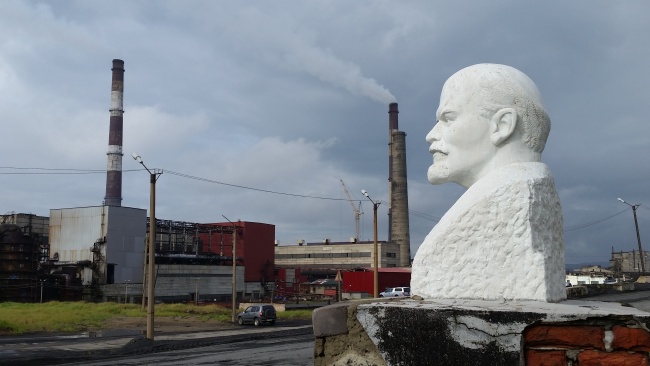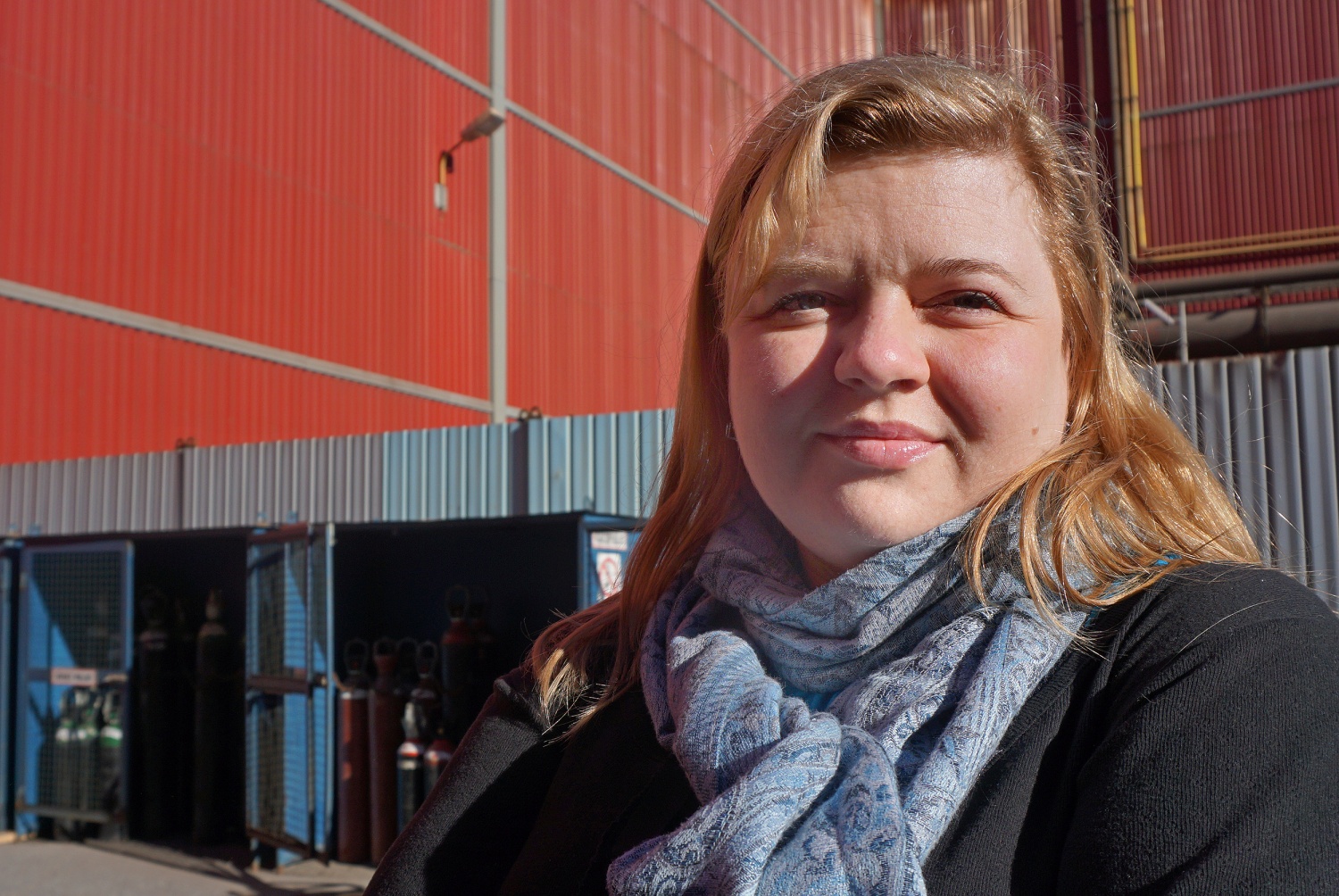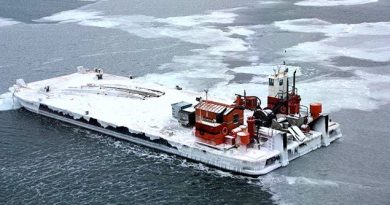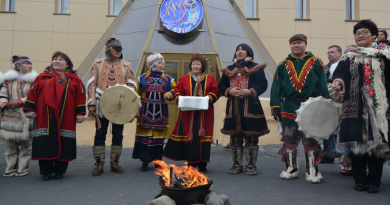Russian metal giant pays pocket fluff in pollution fines

Penalty for peak pollution is equal to net profit from 4,7 seconds of operation.
Norilsk-Nickel on Monday announces a net profit of $1.5 billion for first half of 2015. Adjusted for non-cash items, the net profit reached $1.9 billion.
The company is the largest private mining and metallurgical enterprise on Russia’s Kola Peninsula. Kola Mining and Mettalurgical Company (KMMC) runs the smelters in Nikel and Monchegorsk, along with mines in Zapolyarny. The company employees several tens of thousands of people and is the biggest taxpayer in the Murmansk region.
Read also: Saved by the ruble
Together with Norilsk in Siberia, the industrial cities on the Kola Peninsula are world-famous for being surrounded by ecological disaster zones due to heavy metal and sulphur dioxide pollutions from the factories.
Cross-border smoke in the Norwegian, Russian borderland continues to be a torn in the relations between the two nations.
Russia’s environmental watchdog, the Rosprirornadzor, has fined Kola Mining Metallurgical Company with monthly penalties for violating the maximum allowed concentrations of pollutants in the air. Like in April, when the pollution level one day was 12.6 times the maximum allowed SO2 concentration, as previously reported byBarentsObserver.
The administrative penalty was set to 25.000 rubles, equal to $463.
With a net profit of $8.24 million every day over the first six months this year, that monthly penalty was paid in less than 5 seconds.

Anna Kireeva with the ecological NGO Bellona Murmansk says to BarentsObserver that the penalties are comic.
“The laughable fines levied against one of the world’s richest companies for gassing the populations of its host cities speaks for itself,” Anna Kireeva says.
“One might draw the conclusion that environmental NGOs pose a bigger risk than heavy metal billowing industries: The minimum fine face by an NGO receiving foreign funding that fails to register itself with Russia’s Justice Ministry as a “foreign agent” is 300,000 to 500,000 rubles, or €4,550 to €7,550,” Anna Kireeva argues.
Read also: Anna, a Foreign Agent
Related stories from around the North:
Canada: Report warns more Arctic shipping will increase warming, affect health, Radio Canada International
Finland: Finnish air pollution shortens life, Yle News
Greenland: Study finds increase in litter on Arctic seafloor, Blog by Mia Bennett
Russia: Norilsk, Russia -The inescapability of the company town on Russia’s tundra, Blog by Mia Bennett
Sweden: Stockholm cleans up and passes air quality test, Radio Sweden
United States: Mining corporation a no-show in court as environmental criminal case moves forward, Alaska Dispatch News



